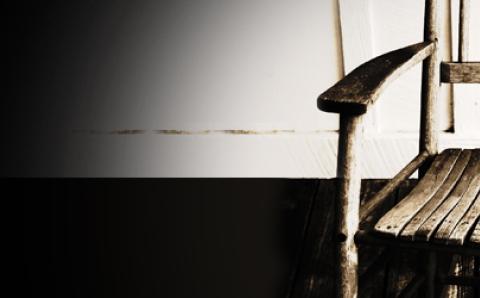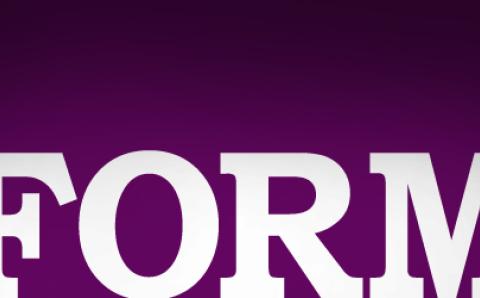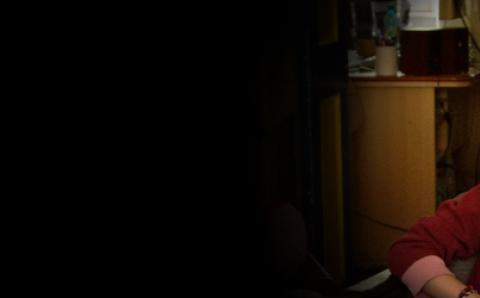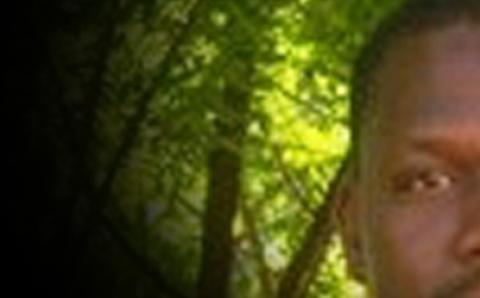After a stroke, people often have difficulty reintegrating into the life of their church.
At first, the church family and others are very involved. But once the person begins adjusting to life beyond the hospital and rehab, attention wanes, said Peggy Goetz, a Calvin College communication arts professor who has researched stroke survivors.
Because they can’t speak easily, some stroke survivors lose their friends. Typically they aren’t chosen to serve as ushers, speakers, or servers of communion in church.
“If you think of church . . . it’s about communication in so many ways,” Goetz said.
Goetz recently landed a $25,000 grant to study how stroke survivors with communication disorders experience Christian communities.
Along with student researchers, she will interview and attend church with the survivors. They will also interview friends and caregivers.
At the conclusion, they will host a special worship retreat. “I hope to have that service led and planned by stroke survivors,” Goetz said.
Rather than fitting the accepted idea of normal, she said, many people with disabilities—people with communication disorders included—would like to have society changed in various ways to give them access.
“Peggy’s project gives people who have significant communication issues post-stroke a voice to express important church-inclusion issues near and dear to their hearts,” said Judith Vander Woude, the director of Calvin’s speech pathology and audiology program. “The work Peggy is doing is cutting-edge in disability studies.”
About the Author
Myrna Anderson is a senior writer in Calvin College’s communications and marketing department.









